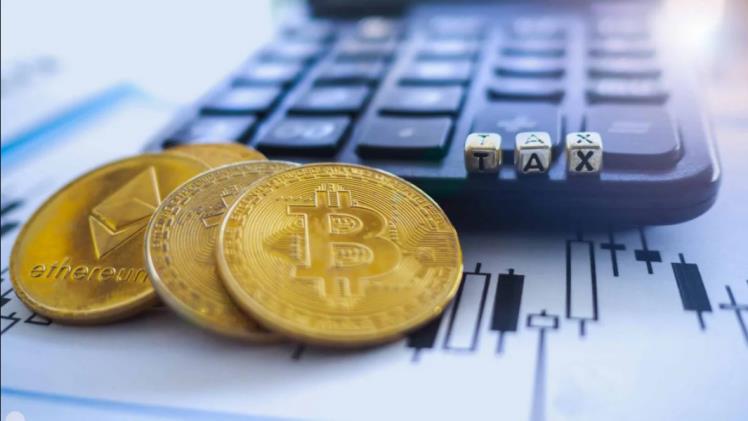Millions of Indians have invested in cryptocurrency. The quick surge in the value of Bitcoin is to blame. During the COVID-19 outbreak, millions of Indians expressed interest in cryptocurrency as a means of achieving their financial goals. Their revenue soared by orders of magnitude.
The Central Government, the Reserve Bank of India, and the Income Tax Department of India were all interested. To control cryptocurrency, the government has implemented a taxation strategy.
Taxes of many kinds have been imposed. The entire Indian cryptocurrency ecosystem is working hard to find ways to avoid this heavy financial crackdown on their gains.
What crypto events make your crypto revenue taxable in India?
- Cryptocurrency sales and purchases
- Cryptocurrency-related transactions
- Profits from cryptocurrency
- As a gift, I received cryptocurrency.
- Allowance or expenditure
- The money you get from transferring VDA (Virtual Decentralized Asset).
- Cryptocurrency exchange.
Learn about the many sorts of taxes that apply to bitcoin in India.
The Central Government of India levies numerous taxes. All of these taxes apply to the cryptocurrencies mentioned above.
Take a look at the list of bitcoin taxes in our country.
- 1% TDS on sales (Tax Deducted on Crypto).
- 28% GST on gifts (Goods and Services Tax).
- Capital Gains Tax of 30%
How can you avoid paying taxes on cryptocurrency in India?
All crypto aficionados in India are interested in learning more about it. They keep flooding Google and other search engines with questions about it.
The Finance Minister of India, Nirmala Sitharaman, levied a flat 30% tax on all forms of gains from the sale of VDAs (Virtual Decentralized Assets). This also applies to cryptocurrencies. She made the announcement during the 2022 Union Budget Session.
In addition, the minister mandated a 1% TDS (Tax Deducted At Source) on all cryptocurrency transactions.
The Indian cryptocurrency community has identified several flaws in the bill. DEX (Decentralized Exchanges), as well as P2P (Peer-to-Peer) transactions, can assist in avoiding crypto taxes in India.
Is this anything that will work? Are these techniques risk-free? These are two-million-dollar issues.
DEX is an abbreviation for Decentralized Exchanges. KYC is not required for decentralized cryptocurrency exchanges which are well maintained by multiple crypto tax softwares. The root of complexity in these decentralized tools and exchanges is difficult to penetrate. Only the investor bears the complete risk.
You are alone responsible for everything.
What if you want to convert your cryptocurrency profits to FIAT?
You will still be required to pay your fair amount of taxes. The Indian Income Tax Department is well aware of the possibility of these schemes.
For a while, the trick may benefit traders and investors. However, the Indian authorities will catch on to this ruse sooner or later. From a financial standpoint, this could be a hazardous tactic. Using DEX may not be viable in the long run because crypto is not legal cash, despite the implementation of an appropriate taxation programme.
Binocs is a platform which handles exchange crypto tax and portfolio with great ease and safety. Check out the website now.

